Dive Brief:
- P.F. Chang’s will pay $80,000 to settle a U.S. Equal Employment Opportunity Commission charge alleging that an Alabama restaurant refused to hire an applicant who requested Sundays off because of his religious beliefs, EEOC said in a press release Monday.
- The agency said an investigation showed that the employee’s request constituted a religious accommodation request and that the chain did not hire him because of the request. EEOC alleged that this action violated Title VII of the 1964 Civil Rights Act. The parties engaged in pre-litigation conciliation in order to resolve the charge.
- P.F. Chang’s agreed to provide back pay and compensatory and punitive damages as well as revise its policies and procedures on religious accommodations, per EEOC. The agency also said the chain would implement training for staff, including HR personnel, on equal employment opportunity rights and responsibilities.
Dive Insight:
Schedule changes to accommodate religious observations are a common example of religious accommodations under Title VII, according to an EEOC fact sheet. The law prohibits employers from refusing to hire, terminating or otherwise discriminating against someone who requires an accommodation that could be provided without undue hardship.
“We commend P.F. Chang’s for their commitment to ensuring that their restaurants make reasonable efforts to accommodate employees’ sincerely held religious beliefs,” Bradley Anderson, director of the EEOC’s Birmingham, Alabama, district office, said in the press release. “This case should serve as a reminder for employers to train supervisors and representatives to recognize requests for religious accommodations.”
Refusal to hire an applicant has been cited in other EEOC religious bias litigation, including in 2024, when a Kentucky-based grocer settled with the agency over claims that it did not hire a job applicant who refused to cut his dreadlocks.
Employers are still grappling with a landmark 2023 U.S. Supreme Court decision, Groff v. DeJoy, that changed the standard by which undue hardship is evaluated with respect to religious accommodation under Title VII. Incidentally, the plaintiff in Groff was a former U.S. Postal Service employee who requested Sundays off in order to observe the Sabbath.
A unanimous court held in Groff that undue hardship only exists under Title VII if a proposed religious accommodation poses a substantial burden in the overall context of an employer’s business. Justice Samuel Alito, who authored the decision, wrote that employers may take into account factors such as the nature of their business, size and operating costs when evaluating such accommodations.
Post-Groff lawsuits challenging employers’ undue hardship defenses have not been uniformly successful, however. Earlier this month, the 9th U.S. Circuit Court of Appeals held that a fire department did not discriminate against a group of employees who requested a vaccine exemption because of their religious beliefs. The court wrote that the proposed accommodation posed an undue hardship on the fire department’s operations.
EEOC has repeatedly taken the stance that schedule changes may be reasonable under Title VII. In July, the agency sued an auto manufacturer for allegedly denying a worker’s request for time off to observe the Sabbath and take unpaid time off for Passover. The case remains in litigation.
One month later, EEO’s Office of Federal Operations issued a decision finding that the U.S. Department of Veterans Affairs failed to accommodate a Muslim employee’s request to attend weekly prayer service. The decision is part of a broader emphasis on protection of religious freedom in the workplace during the Trump administration’s first year.
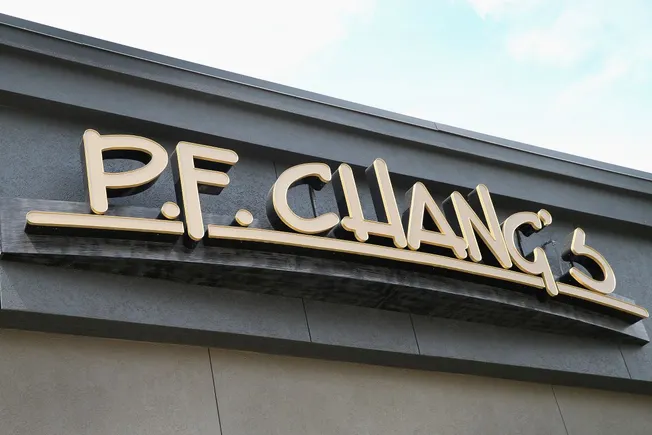
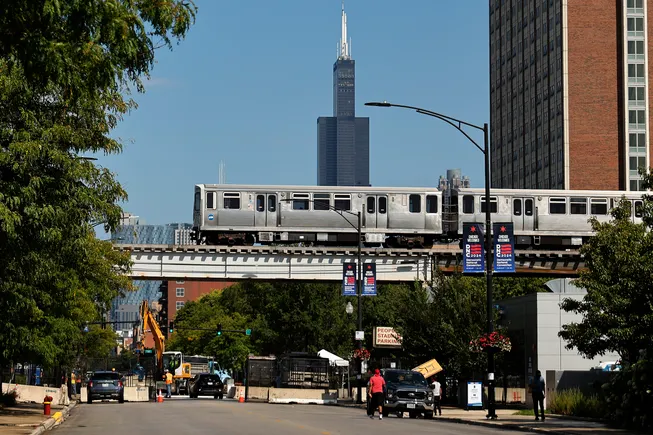
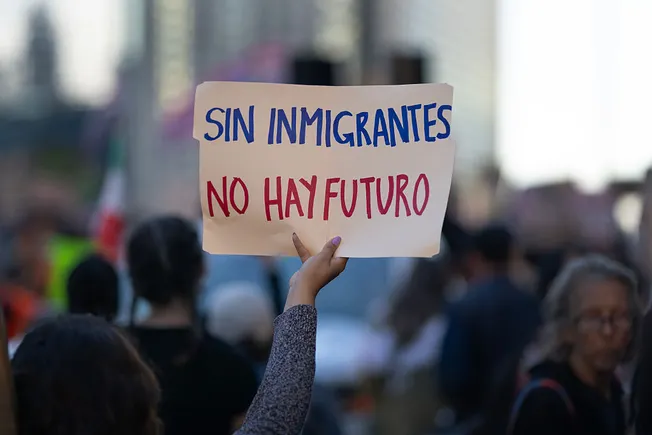
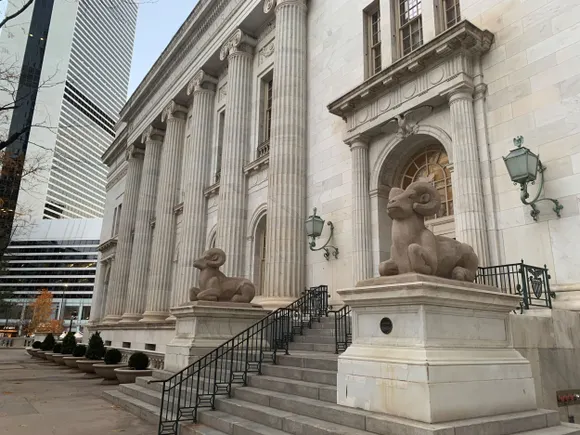

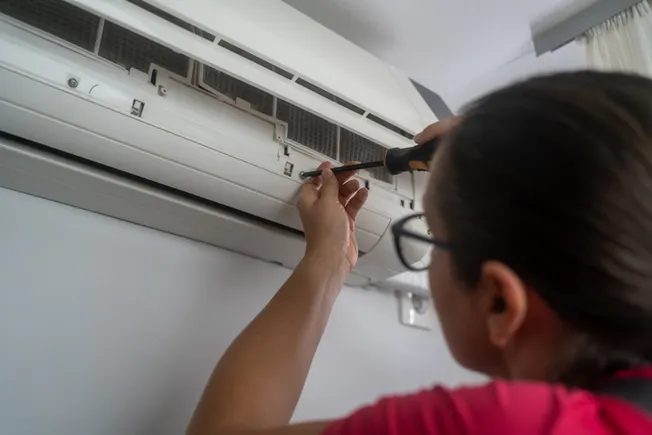
Leave a Reply